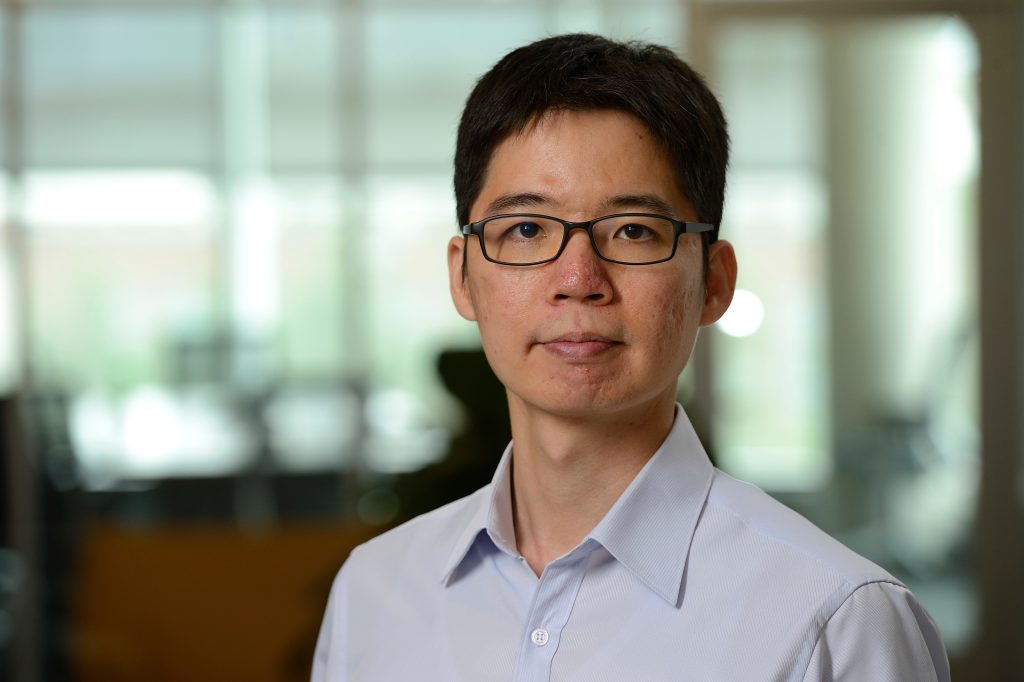A team including John C. Malone Assistant Professor of Computer Science Chien-Ming Huang has been selected to receive support from the second round of grant funding from the Johns Hopkins Artificial Intelligence and Technology Collaboratory for Aging Research, or JH AITC. Totaling just over $1 million, this round supports the collaboratory’s mission by funding the development and implementation of artificial intelligence technologies to improve the health and well-being of older adults.
Huang’s team—which includes Junxin Li, an associate professor at the Johns Hopkins School of Nursing, and Hao Su, an industry collaborator from Picasso Intelligence—was selected for funding late last year. They will receive up to $200,000 in direct costs over a one-year period, as well as access to resources and mentorship from university experts.
Launched in 2021 with a $20 million grant from the National Institute on Aging, the JH AITC is a national hub for innovations in healthy aging and cross-disciplinary collaboration within the Johns Hopkins community and beyond.
“The JH AITC continues to push the boundaries on new and repurposed smart technologies to improve the lives of older Americans in the current round of pilot grants,” says Phillip Phan, the Alonzo and Virginia Decker Professor of Strategy and Entrepreneurship at the Carey Business School, a Malone Center affiliate, and the director of JH AITC’s Networking and Engagement Core.
The pilots funded by this round focus on promoting older adults’ independence through ambulatory assistance and mental health maintenance. To this end, Huang’s team proposes an innovative approach to enhance older adults’ mobility and quality of life: They want to develop AI-powered, lightweight, and affordable exosuits to assist users in walking.
This interdisciplinary endeavor bridges the gap between advanced robotics, AI, and geriatric care. The team plans to develop a learning-based personal control system for exosuit-enabled walking assistance, evaluate the intervention’s effectiveness in a community study, and translate the product into a viable product for home use.
“By focusing on personalized mobility aids, we expect to demonstrate significant improvements in mobility, independence, and overall quality of life for older adults—not only benefitting individual users but also resulting in broader implications for health care practices and policies related to aging populations,” says Huang.
